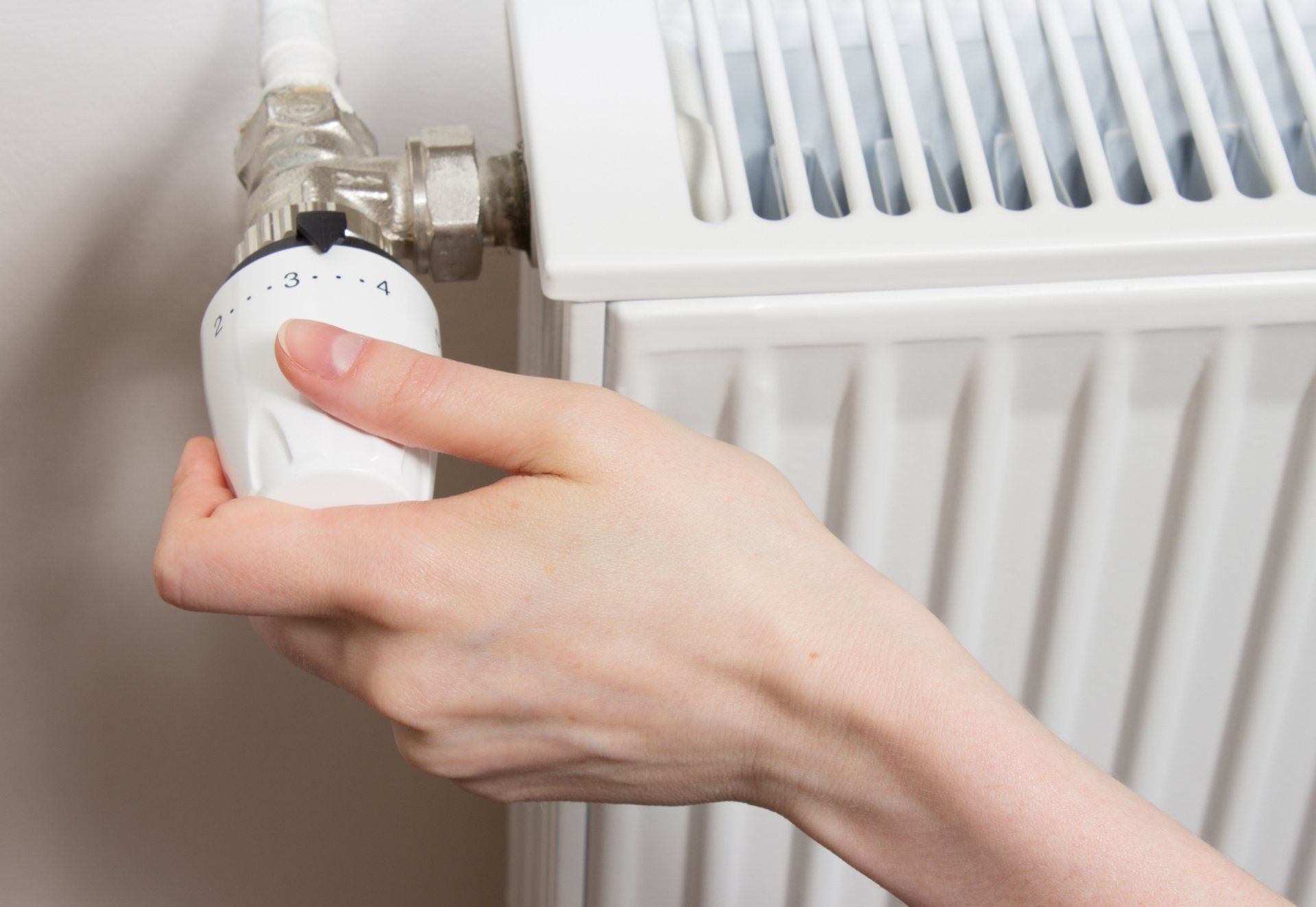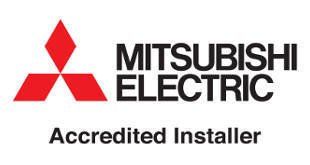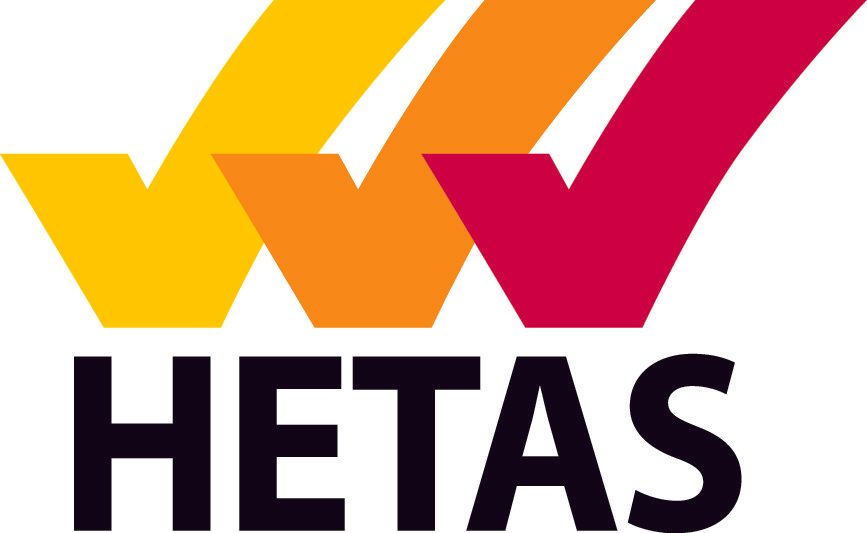Our commitment to deliver the highest standards of service to every one of our customers enables us to work across the full spectrum of client groups.
Phone
01582 571925
Top 5 Signs Your Boiler Needs Servicing Before Winter
As winter approaches, it becomes crucial to ensure that your boiler is in perfect working order. A sudden breakdown during the colder months can lead to costly repairs and discomfort. Regular servicing can prevent unexpected issues, but there are specific signs that indicate your boiler may need attention sooner rather than later. Here are the top five signs your boiler requires servicing before winter:
First, if your boiler starts making unusual noises, it's a clear indication that something isn't right. Boilers are typically quiet when functioning correctly, but if you begin to hear banging, whistling, or gurgling, these could point to internal issues such as trapped air, low water pressure, or even a failing pump. These sounds, especially if persistent, are a signal that the boiler is struggling to operate efficiently and could lead to more significant problems if left unchecked. A GasSafe engineer can diagnose and fix the issue before it escalates.
Another sign is fluctuating or inconsistent heating. If your radiators aren't warming up evenly or your home takes longer than usual to heat, your boiler may be struggling to circulate hot water effectively. This could be due to issues like sludge build-up in the system, a faulty thermostat, or an airlock. Addressing these issues early will not only ensure your home stays warm but also help avoid higher energy bills due to inefficient heating.
Additionally, if your energy bills have suddenly increased without an obvious cause, it could be a sign that your boiler is not running as efficiently as it should. An inefficient boiler will use more energy to produce the same amount of heat, leading to higher costs. Regular servicing can help identify the cause of the inefficiency, whether it’s due to wear and tear, a dirty system, or faulty components, and restore the boiler’s optimal performance. Catching this early can save you money in the long run.
Water leaks around the boiler are another critical warning sign. Even a small amount of leaking water can indicate a serious issue with the system, such as corrosion, pressure problems, or a faulty valve. Not only can leaks cause damage to your home, but they can also lead to a full boiler breakdown if ignored. A technician can trace the source of the leak and fix the underlying problem, preventing further damage and ensuring the boiler remains safe to use.
Lastly, if you notice an irregular or yellow flame in your boiler, this could signal a dangerous issue. Normally, the flame should be blue. A yellow or flickering flame may indicate that the boiler is not burning fuel properly, which can result in the production of carbon monoxide – a dangerous, odourless gas. This is a serious health hazard, and immediate action is needed if you see this sign. Alongside this, if your carbon monoxide alarm goes off, you should switch off the boiler and contact a GasSafe engineer immediately. Regular servicing ensures that the boiler’s combustion process remains safe and efficient, reducing the risk of harmful emissions.
In conclusion, paying attention to these signs can help you catch problems early and avoid the discomfort and inconvenience of a boiler breakdown during the coldest months of the year. A boiler that is making strange noises, struggling to heat your home, increasing your energy bills, leaking water, or displaying an irregular flame needs professional attention. By servicing your boiler before winter, you can ensure your system is safe, efficient, and ready to keep your home warm throughout the colder months.







Need a Boiler Installation For Home?
We can discuss which type of boiler would be the best solution for your home and assist you to weigh up the pros and cons of your final shortlist.
Trusted Gas & Heating Engineers
Our boiler services include a range of options for boiler cover, boiler finance, installation, replacement and boiler servicing.
Quick Quote
Footer Quick Quote
Thanks for the quick quote information!
Please try again later.

Rated Excellent
based on our Google reviews
Excellent service
Had boiler failure on Sat pm, engineer arrived within hr and got it working but advised needed new boiler as heat exchanger was broken. The new boiler survey was done on Tues am and new boiler was fitted and working same day.
Professional and very good
After a number of calls eden from sun realm turned up amazing guy even though boxing day the most amazing guy professional funny and very good at what he does fixed problem with in minutes.
Couldn't ask for more!
My experience with Sun Realm was brilliant. Great service. Great engineer, professional, used his PPE, resolved issue and arrived on time. Couldn't ask for more!
Thank you for your kindness
Lovely man came out to my father today. He was so professional he even asked my dad if he needed any shopping. Thank you for your kindness.
Very reasonable price
I am very weary of heating engineers and scared of being " ripped off". what a complete breath of fresh air Sun Realm. done the repair at a very reasonable price. Spot on!
thank you Sunrealm for great service
After missing the gentleman knocking on our door, I telephoned sunrealm spoke to customer service, and the gentleman came back we were so grateful as we have a 4 year and had no heating thank you sunrealm for great service.
Impressive work
7 radiators and a boiler removed and new ones installed job done and finished in under 4 hours
bloody impressive!
First class service
First class service first class job very pleased both fitters where very good at there job never left any mess.
Our commitment to deliver the highest standards of service to every one of our customers enables us to work across the full spectrum of client groups.

MENU
GET IN TOUCH
Registered Office
Sun Realm Heating Co Ltd
27-29 Camford Way
Luton
Bedfordshire
LU3 3AN
United Kingdom
VAT Number
283716929
UK Company Registration
1202277
ICO Registration
ZA091884
STAY CONNECTED
Join our newsletter and stay up to date with our news and latest offers.
Contact Us
We will get back to you as soon as possible
Please try again later
All Rights Reserved | Sun Realm Heating Co Ltd


























